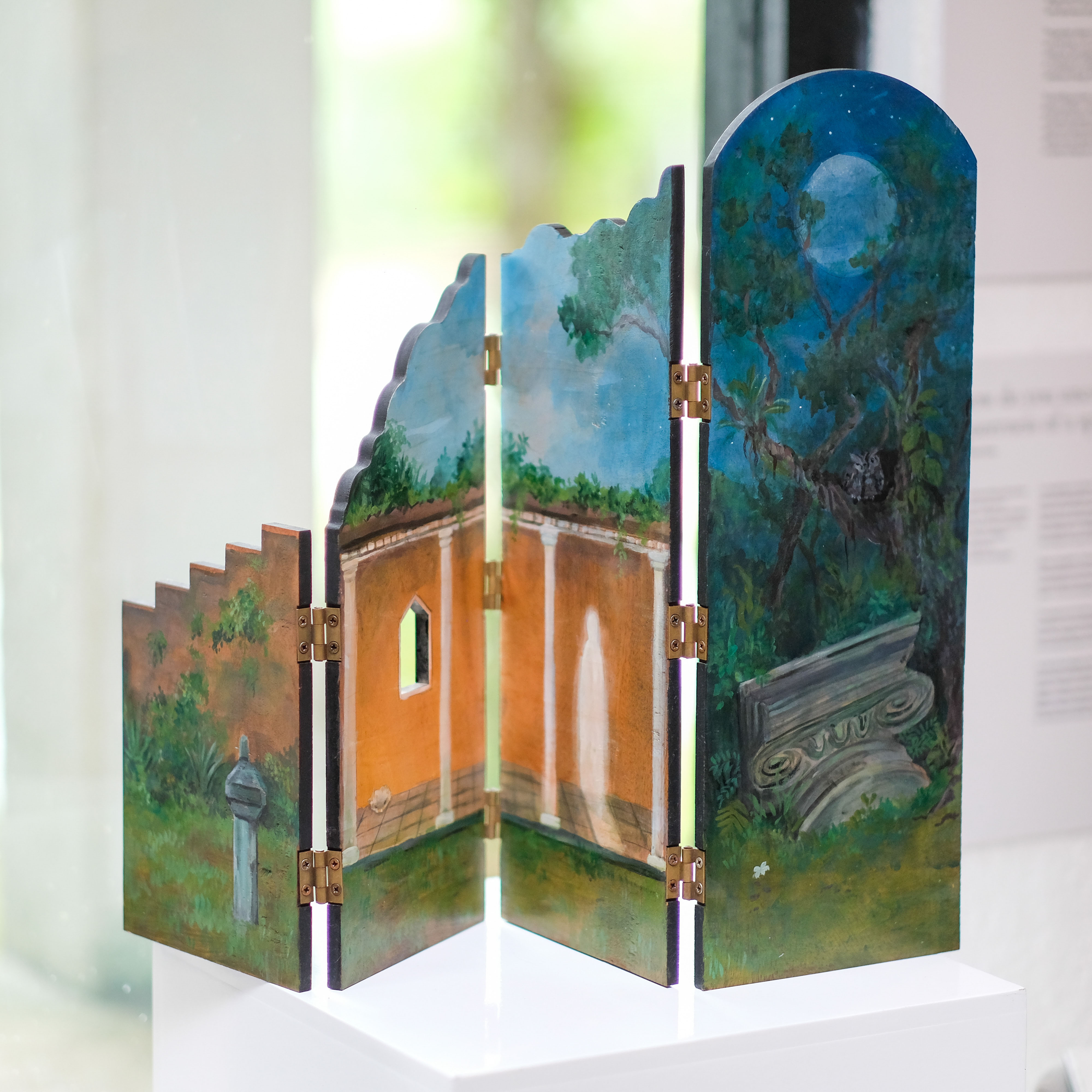The Order of Nature
by Thilini Perera
The starting point for orientation is the point from which the world unfolds: the “here” of the body and the “where” of its dwelling. Orientations, then, are about the intimacy of bodies and their dwelling places.
Sara Ahmed, Queer Phenomonology
The Order of Nature is a curatorial project exploring intersection of queerness, architecture, and landscape design, with a specific focus on Lunuganga, the garden crafted by architect Geoffrey Bawa in Sri Lanka. Explored against the backdrop of colonial penal codes that criminalise queer bodies, this project examines how Lunuganga subverts traditional paradigms of garden design through its representations and ecological aspects which questions the perceptions of what defines “normal” and “natural”. It underscores the importance of incorporating otherness into architectural and landscape design to create inclusive spaces. This exploration is facilitated through an installation of the same title, scheduled for viewing in December 2023, as well as a series of workshops, and public talks leading up to the To Lunuganga programme closing event in July 2024.
The project seeks to promote ongoing research and dialogue that recognises and celebrates the hidden queer histories within our built environment. The launch of this project was supported by the Prince Claus Fund.
On View:
6 December 2023 – December 2024
6 December 2023 – December 2024
10 a.m.–4 p.m.
Lower Gallery, Lunuganga
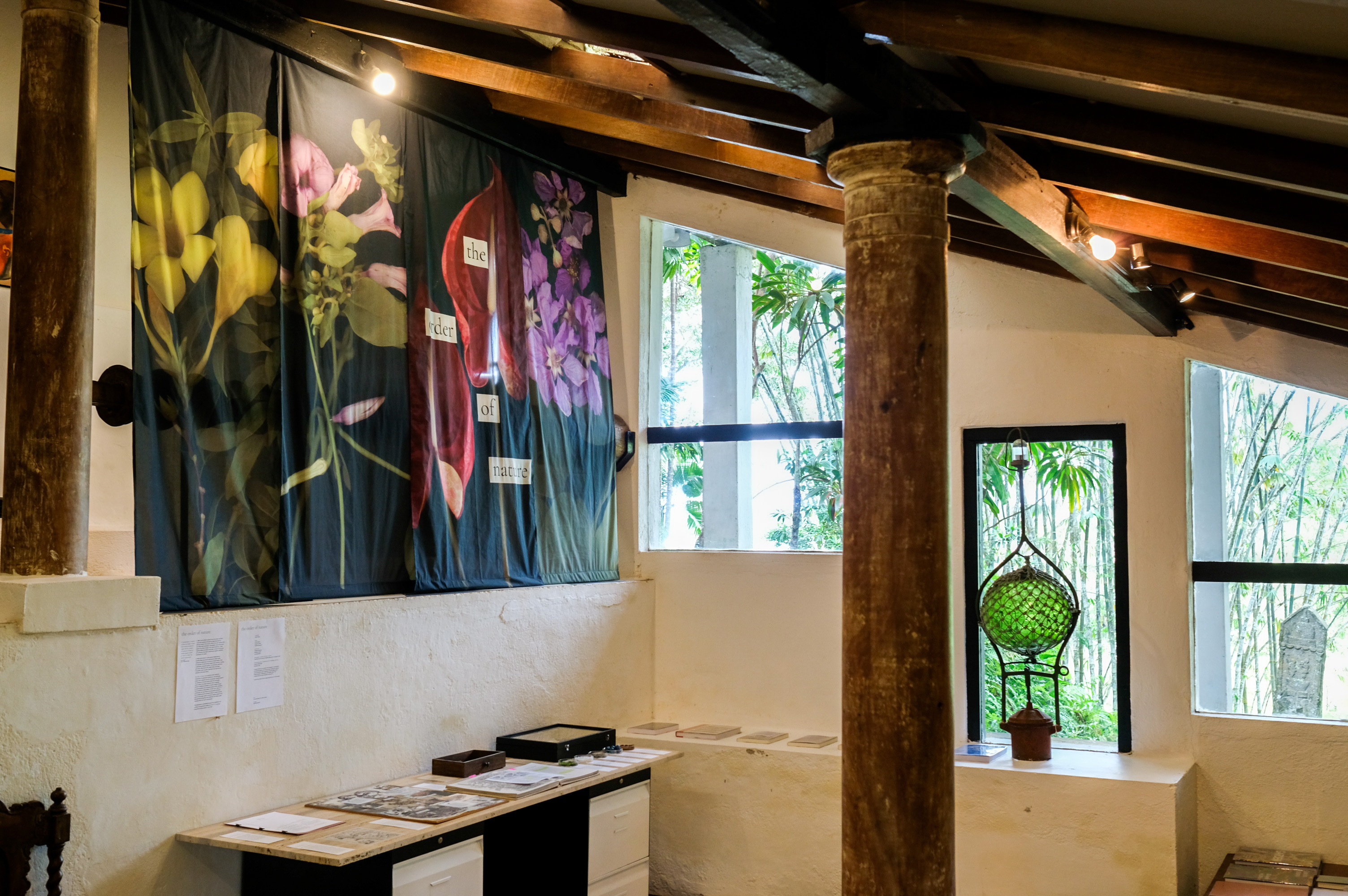
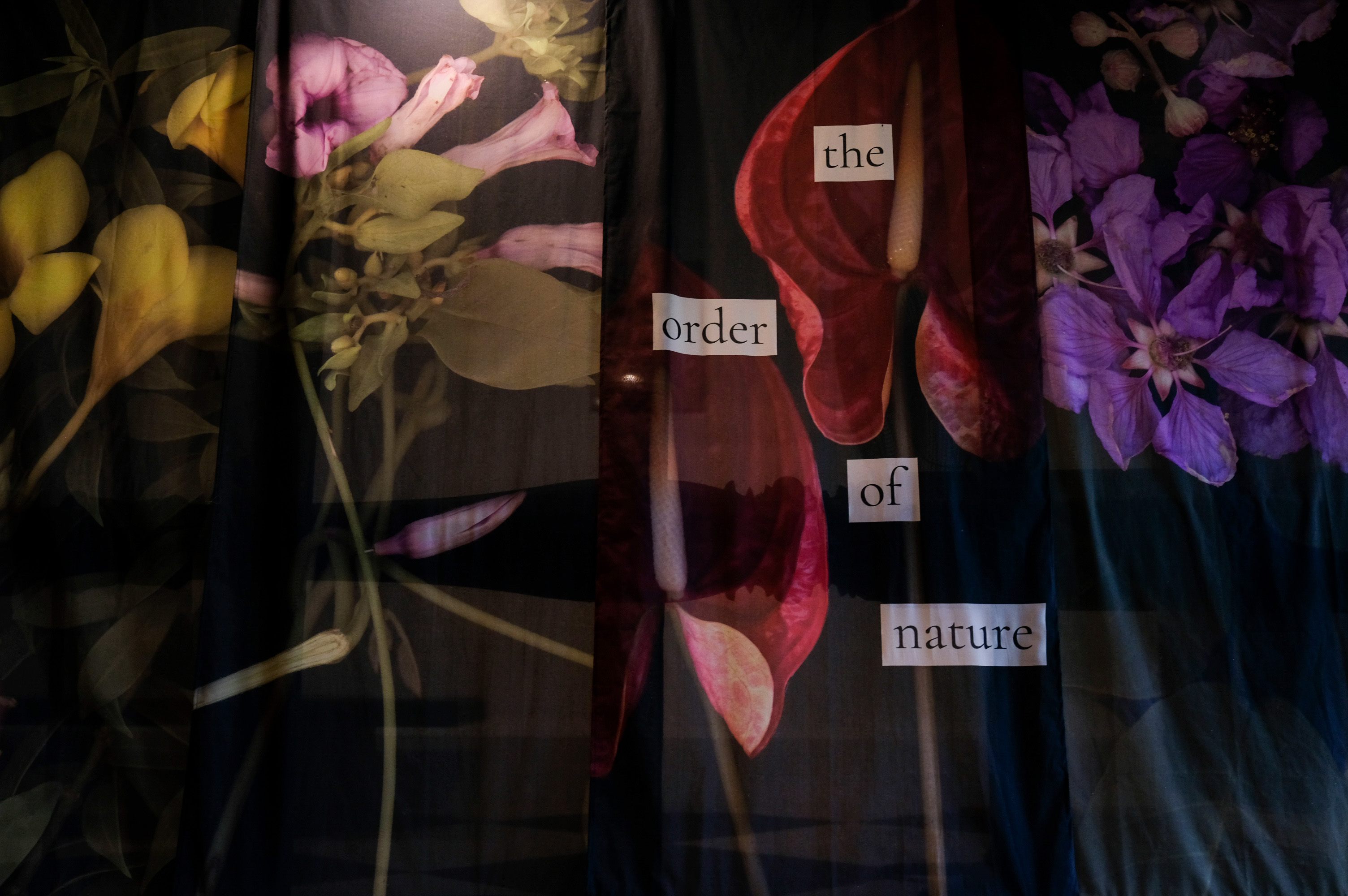
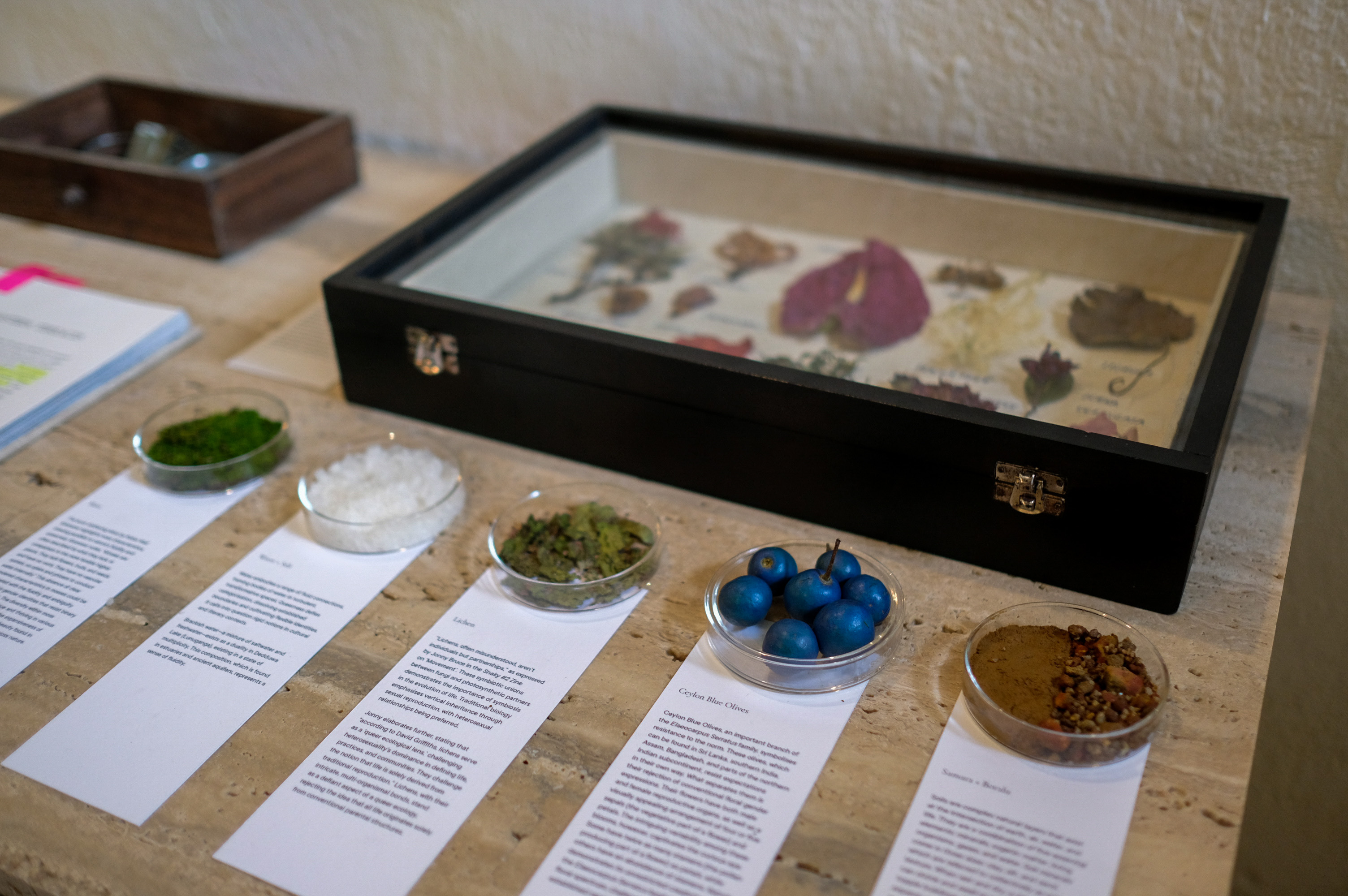
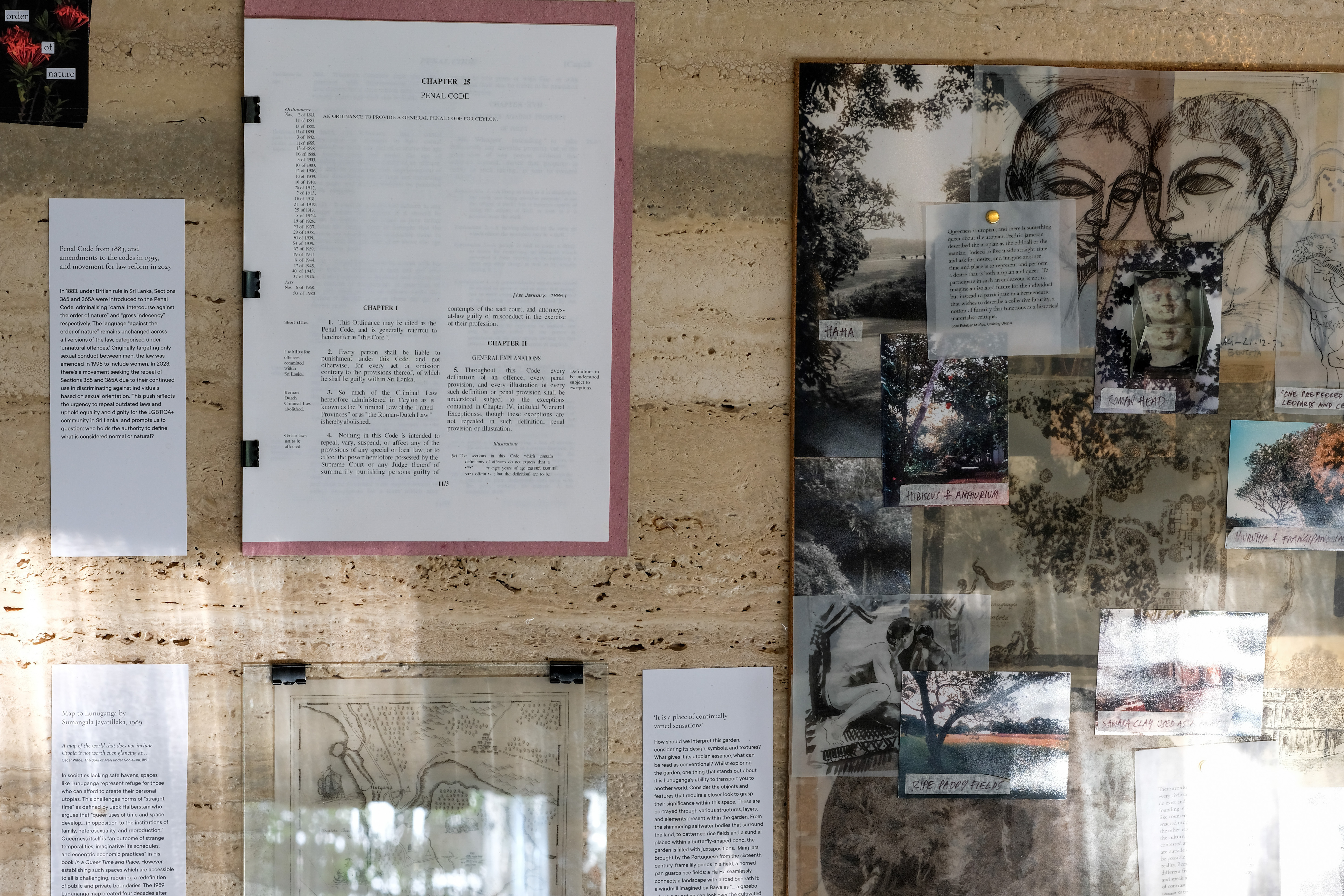
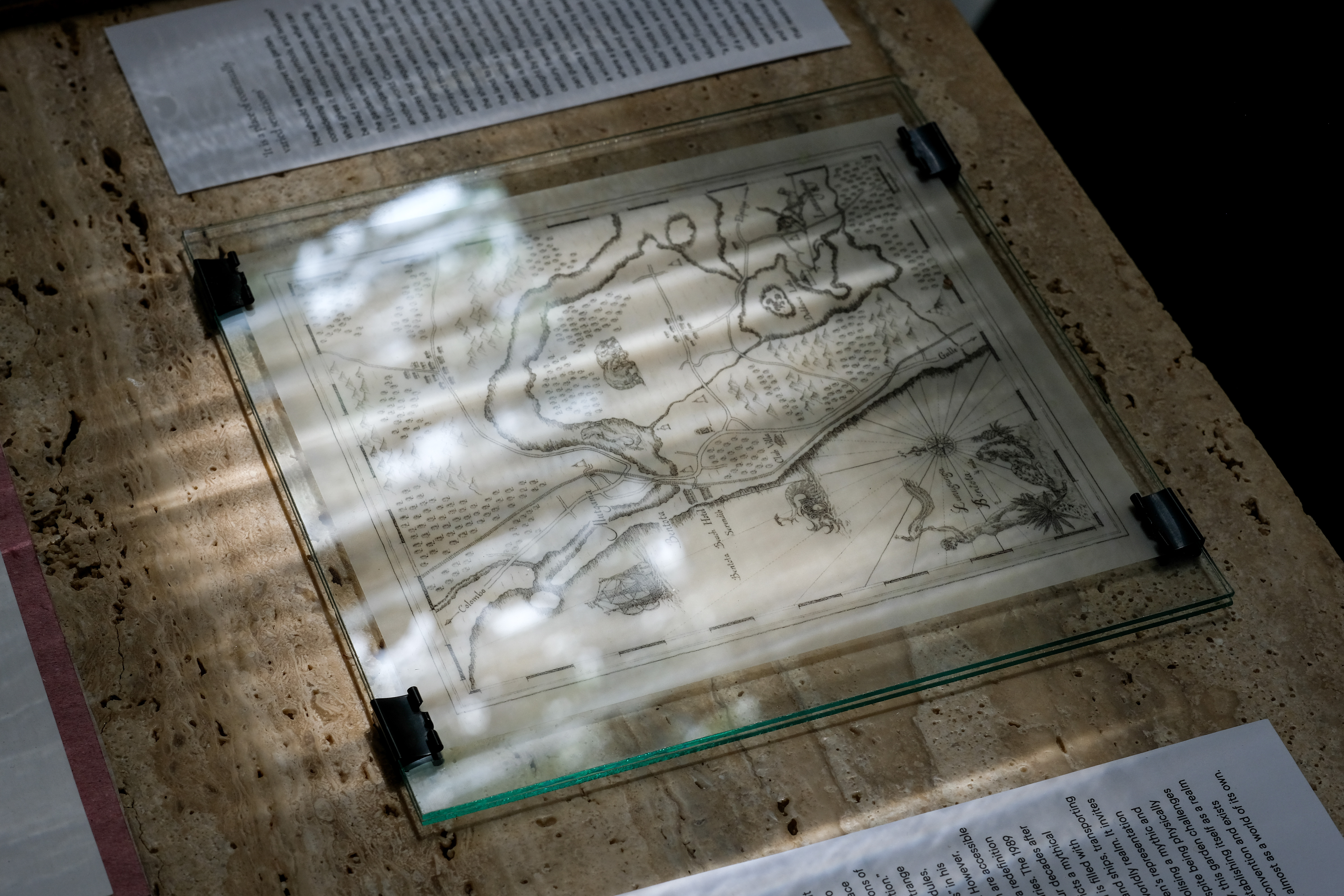
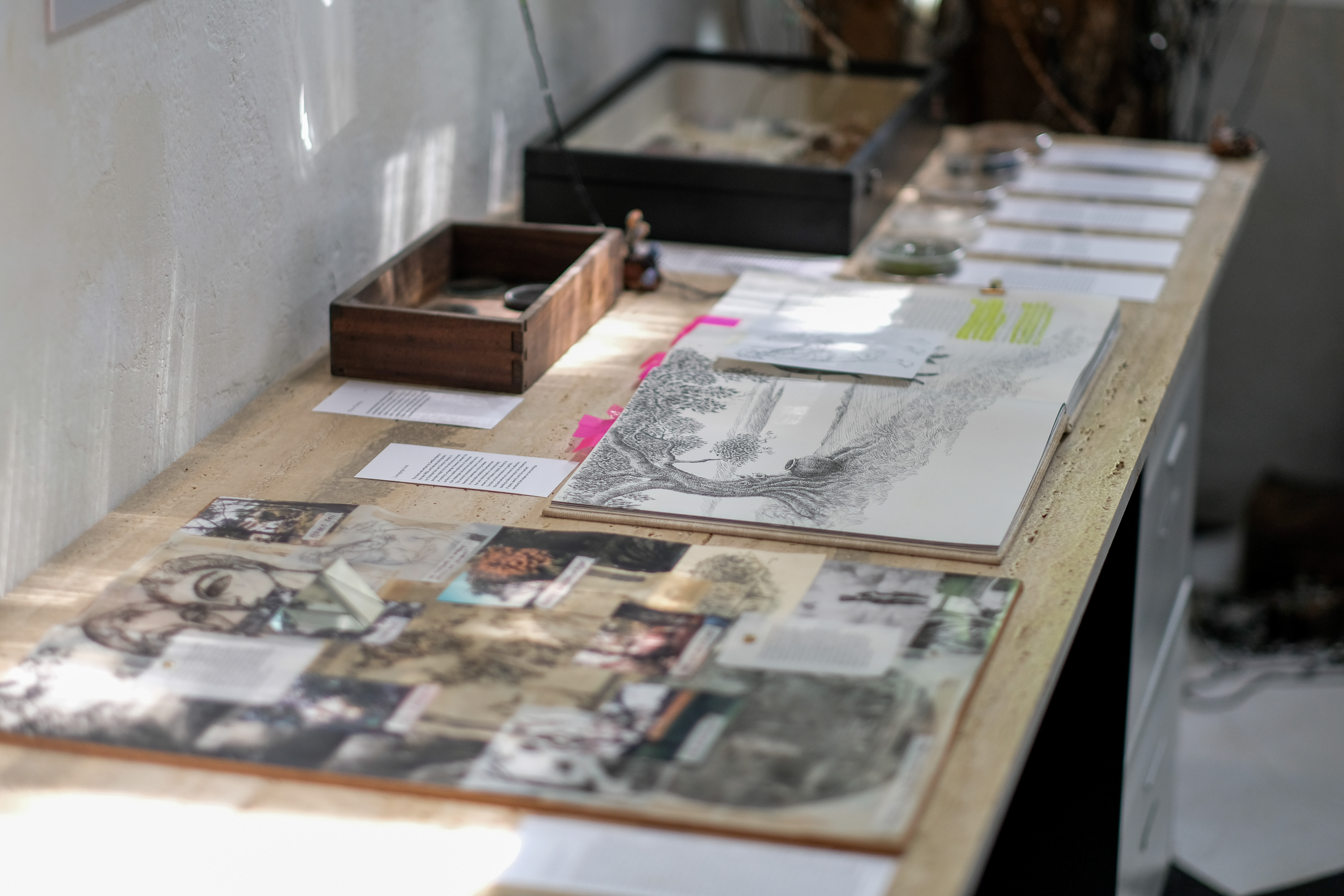
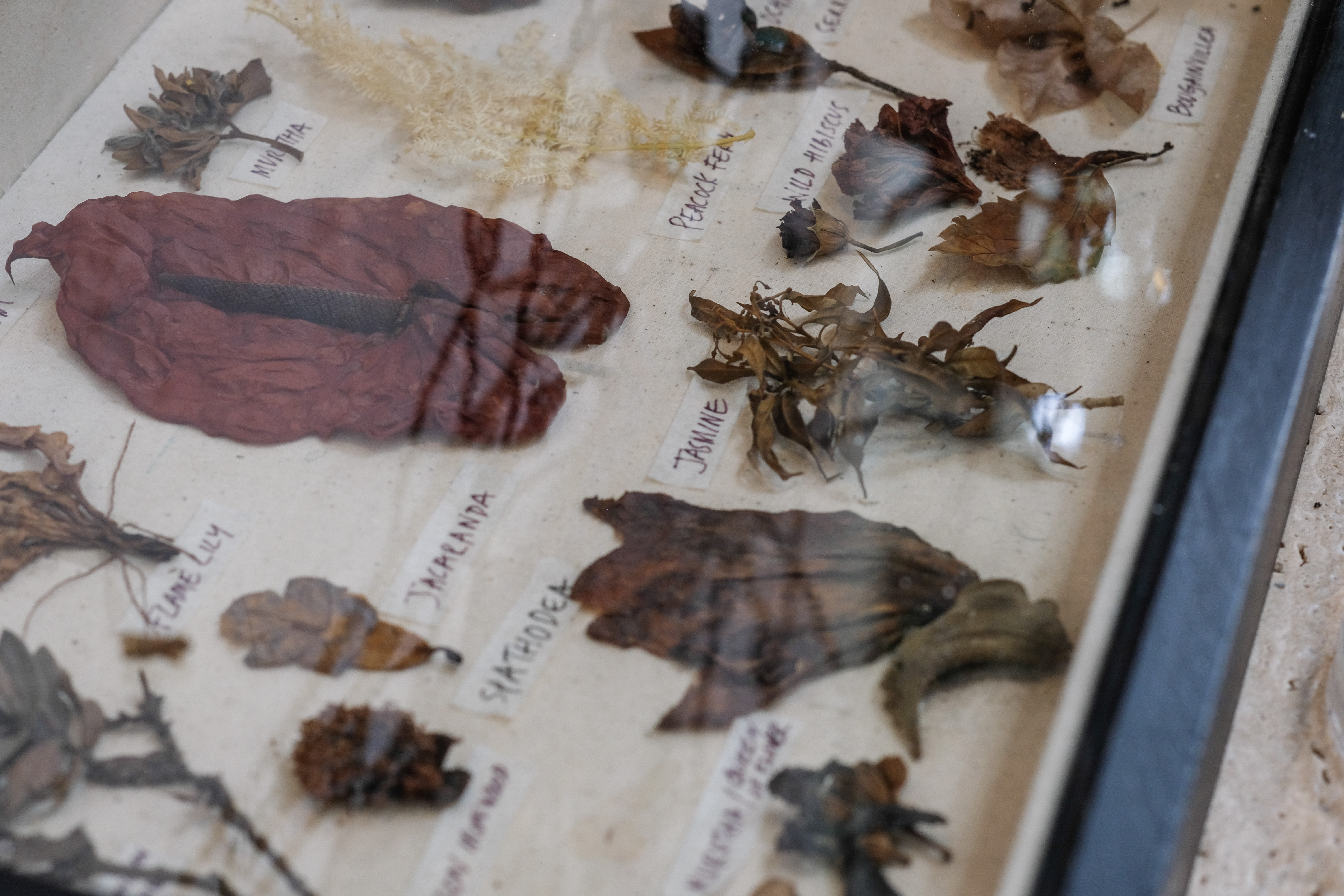
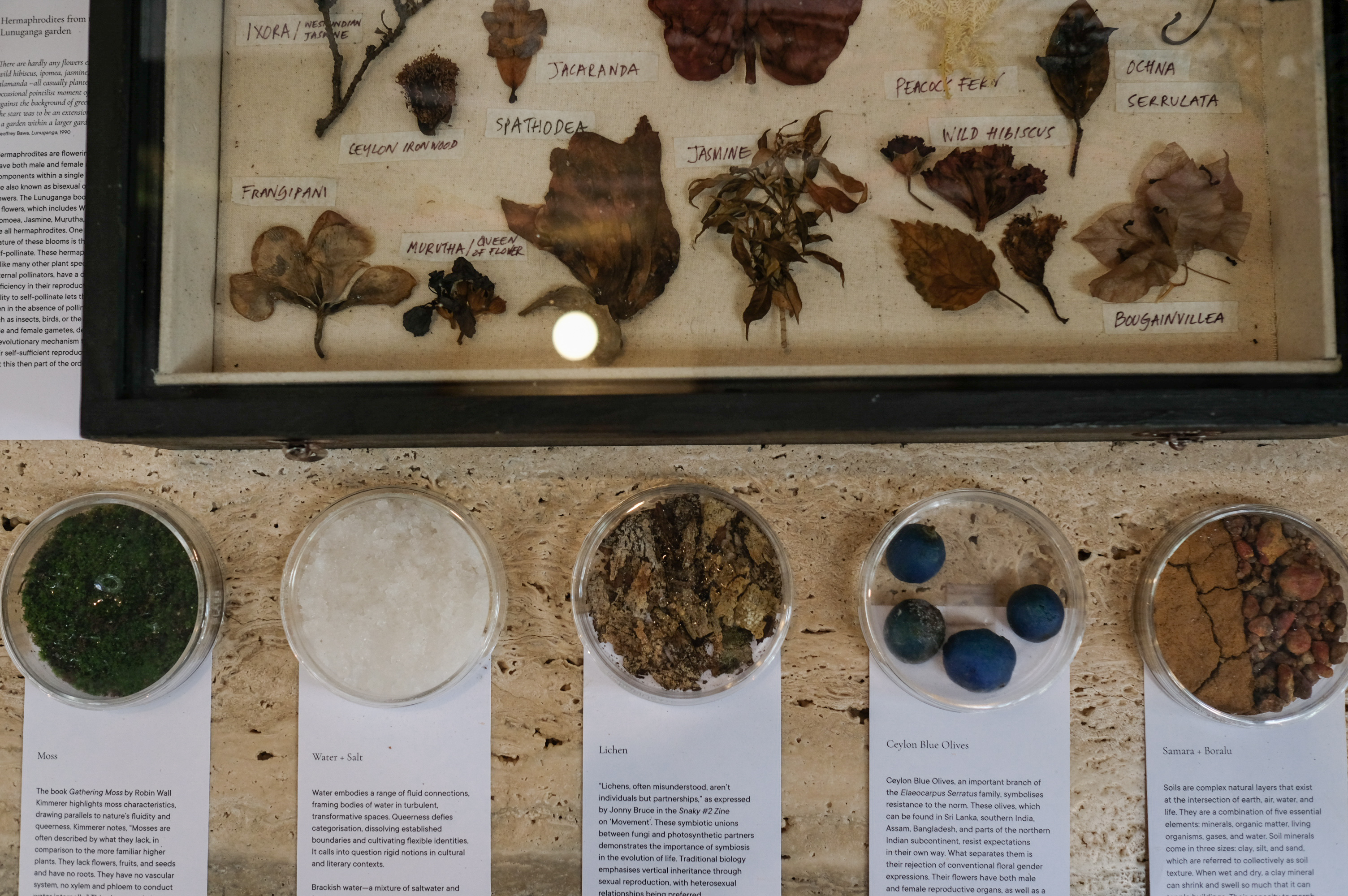
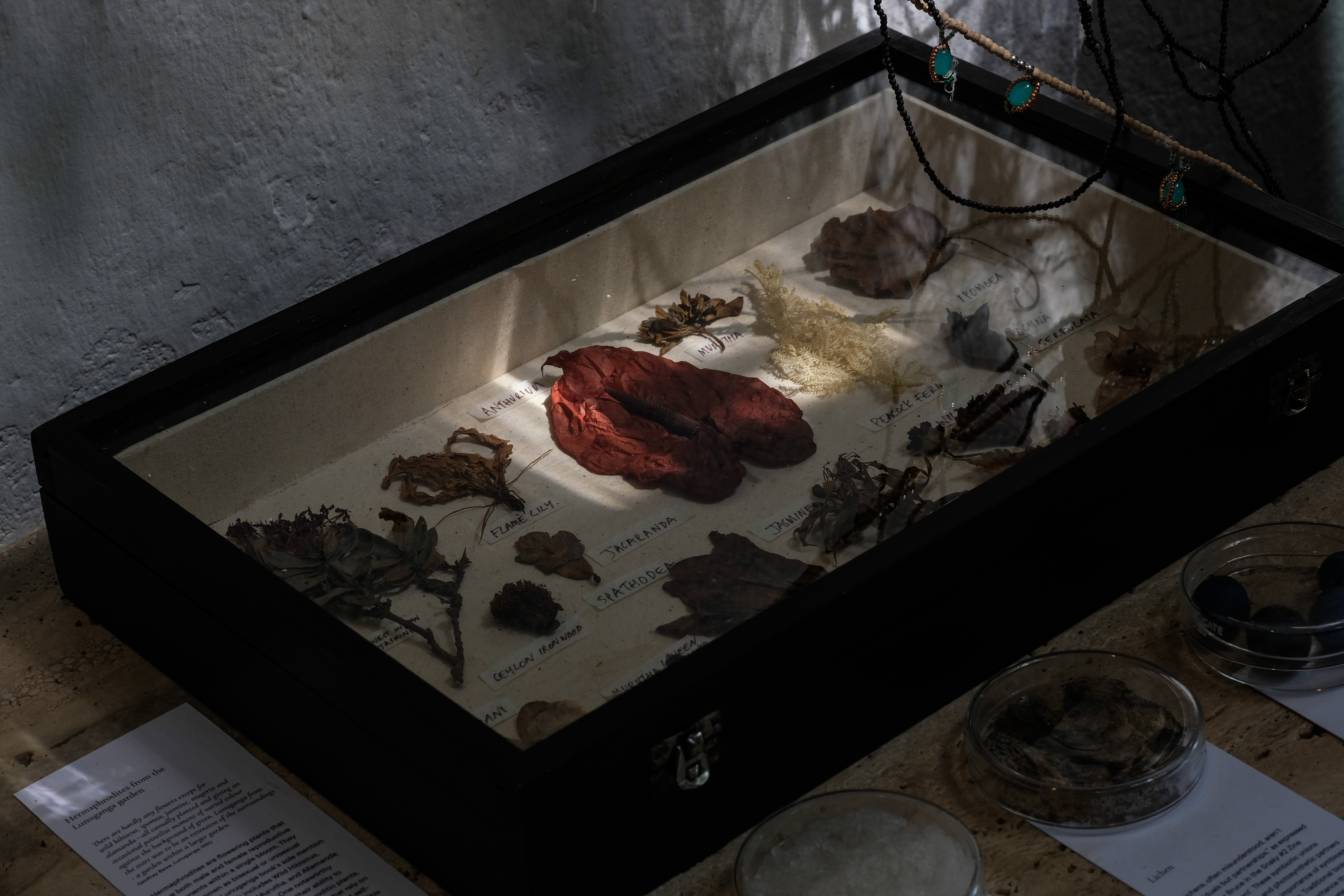
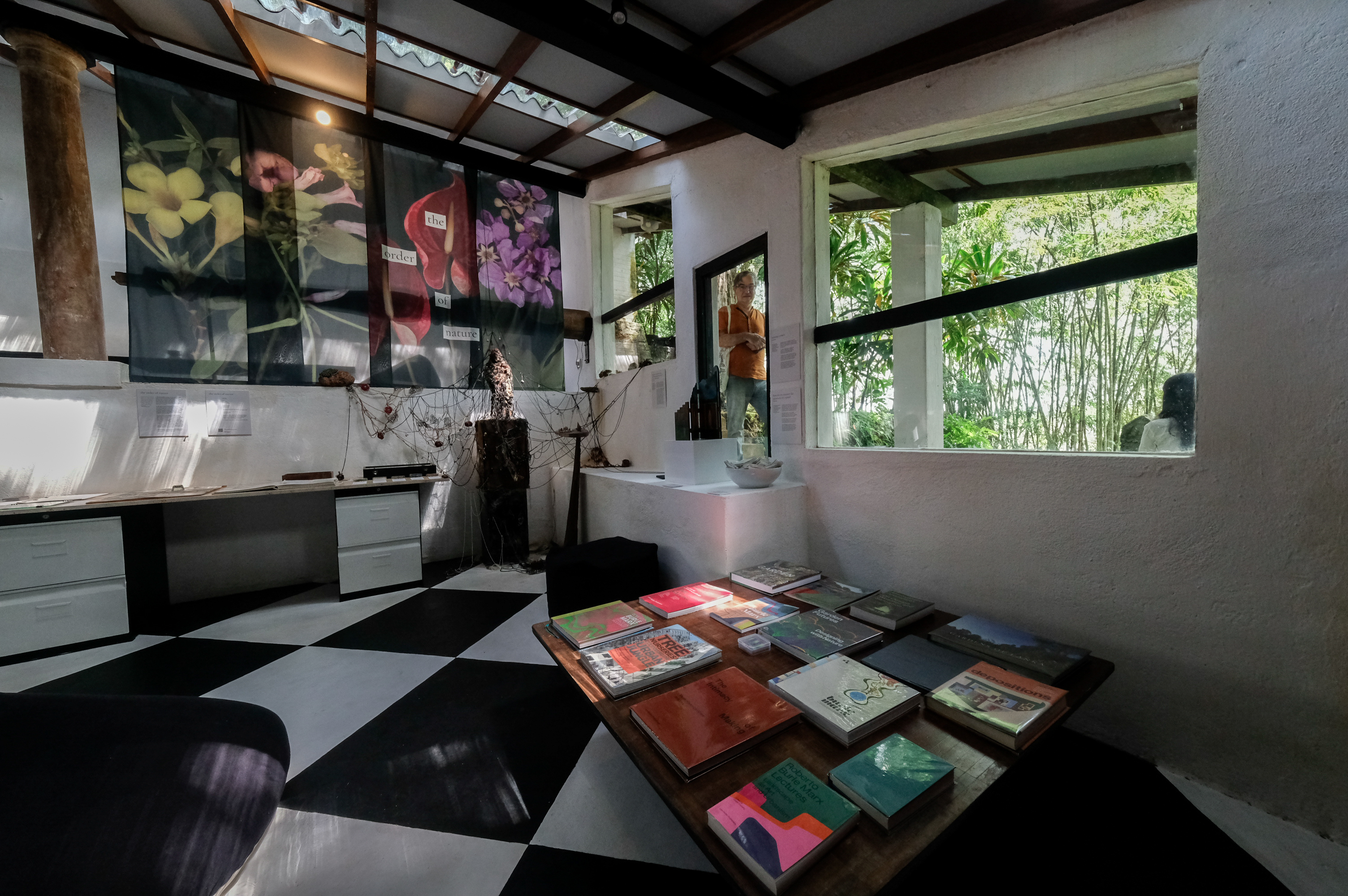
The Order of Nature, installation view, Lunuganga, 2023
In 1883, during British colonial rule in Sri Lanka, the Penal Code was enacted as the primary legal framework for defining crimes in the country. Within this code, Sections 365 and 365A were introduced, criminalising “carnal intercourse against the order of nature” and “gross indecency.” These vaguely defined provisions have been in place for 140 years and continue to be used to discriminate against LGBTIQA+ individuals in Sri Lanka.
In 1948, shortly after Sri Lanka gained independence, Geoffrey Bawa acquired an abandoned rubber estate, marking the beginning of a profound transformation. Over five decades, he meticulously shaped every element, creating a deliberate, purposeful garden—his sanctuary, laboratory, and home, reflecting his life, relationships, and ideas. The garden, over the years, absorbed it all, becoming an extension of his every being.
In 1948, shortly after Sri Lanka gained independence, Geoffrey Bawa acquired an abandoned rubber estate, marking the beginning of a profound transformation. Over five decades, he meticulously shaped every element, creating a deliberate, purposeful garden—his sanctuary, laboratory, and home, reflecting his life, relationships, and ideas. The garden, over the years, absorbed it all, becoming an extension of his every being.
The Order
of Nature explores and questions how Bawa played a pivotal role in shaping
public spaces that adhered to societal norms, what practices did he introduce
in his private garden at Lunuganga that questioned these conventions?
This project also expanded the To Lunuganga reading room by incorporating queer publications that explore themes such as queer utopia, spatial and temporal dimensions, phenomenology, and the essence of queer spaces.
This project also expanded the To Lunuganga reading room by incorporating queer publications that explore themes such as queer utopia, spatial and temporal dimensions, phenomenology, and the essence of queer spaces.

